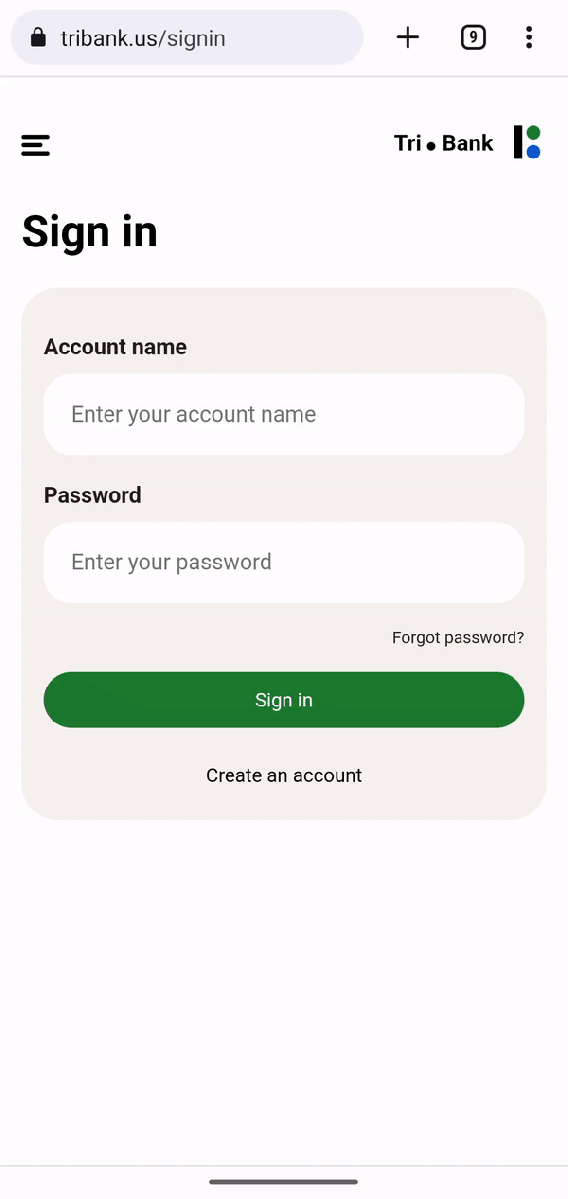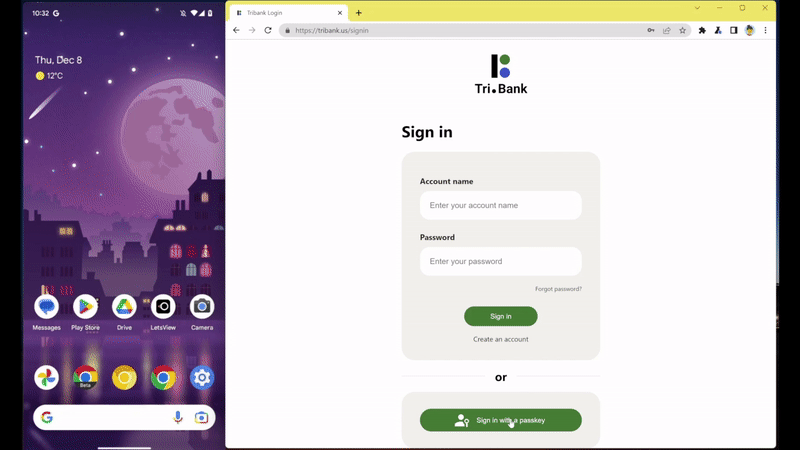
[ad_1]
The Google Chrome browser now helps one thing new to safe your life: passkeys, a stronger, leak-proof model of a password that may use your cellphone as a token to authorize you to web sites.
Passkeys can and will probably be saved contained in the Google Password Manager, or inside apps that help passkeys inside future variations of Android, Google said. Passkeys are enabled within the lastest model of Chrome in each Windows 11, macOS, and Android.
Passkeys are surprisingly simple to know. You’re aware of a username and password. The latter ought to be a fancy collection of letters and numbers — the longer the password the more secure it is, in general. But as soon as they’re uncovered in a breach, they can be surprisingly easy to crack. It’s why a password supervisor, even a free password manager, is the perfect resolution — a password supervisor can generate pseudo-random passwords and retailer them securely.
But a passkey isn’t a password in any respect. It’s merely a token that’s saved in your cellphone. When requested to authenticate you, the token in your cellphone communicates with the location or app in query. No password is ever used, so no password is ever exchanged or saved.
“A passkey doesn’t leave your mobile device when signing in like this,” Google mentioned. “Only a securely generated code is exchanged with the site so, unlike a password, there’s nothing that could be leaked.” It’s a part of an agreement Apple, Google, and Microsoft made in May.
In the actual world, then, right here’s an instance of what you may see:

In the instance (a fictional financial institution illustrated by Google), you’ve gotten the selection of coming into a saved password, or utilizing a passkey as an alternative. The consumer is requested to authenticate the password by merely utilizing their display screen lock, presumably a fingerprint reader. One distinction right here is that some cellular banking apps already help you do that. Here, the consumer is accessing the web site itself and is utilizing the identical biometric login.
Naturally, you in all probability wouldn’t use your financial institution’s web site when you possibly can use the (presumably safer) app. But this new functionality in Chrome will help you exchange passwords with passkeys on theoretically any web site, supplied the location helps them.
On a desktop PC, the method would work in an analogous method. A passkey may presumably exchange any website’s password. Here, you’d have three choices: log in with Windows Hello by way of your face or fingerprint; log in along with your close by smartphone, a lot as you’d on cellular; or use a USB safety key. All three are viable choices.

Replacing passwords with passkeys gained’t occur in a single day. But as extra websites signal on to utilizing them, passkeys will grow to be extra vital — and so will your cellphone, as a digital “wallet” for storing them.
[adinserter block=”4″]
[ad_2]
Source link